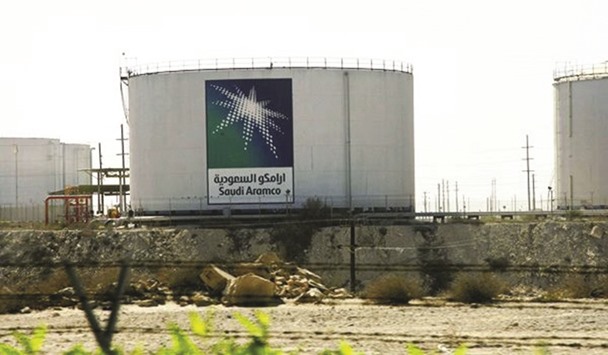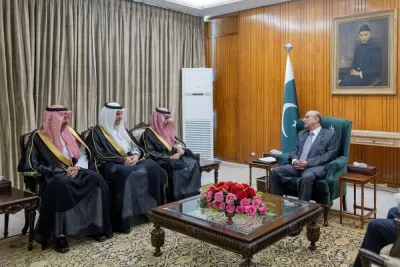Saudi Arabia, the world’s biggest crude exporter, cut shipments in April to the lowest level in six months as overseas refineries bought less due to seasonal maintenance and the kingdom burned more oil at home to power air conditioners.
Shipments dropped to 7.44mn bpd from 7.54mn bpd in March, and to the lowest since 7.36mn in October, according to data released on Monday by the Joint Organisations Data Initiative (JODI) in Riyadh. Exports also declined for Qatar, whose shipments slid to the lowest since at least 2002, as well as for fellow Opec members Iraq and Kuwait, the data show.
Oil companies typically shut refineries for maintenance in April and May in preparation for increased summer demand. Saudi Arabia is planning to boost crude production to 10.5mn bpd in the next few months as higher summer temperatures boost demand for electricity needed to cool homes and offices, a person with knowledge of Saudi output policy said in April. The country’s output was 10.26mn bpd in April after reaching a record 10.56mn in June 2015, according to JODI.
“We have a refinery turnaround season going on,” Mohamed Ramady, a London-based independent analyst, said by phone. Also, “we had an uptick in local consumption of crude for power,” he said.
Saudi Arabia burned 501,000 bpd of oil for electricity in April compared with 397,000 bpd in March, according to JODI.
Qatar’s oil exports, which fell to 427,000 bpd in April from 506,000 barrels in March, were the lowest since JODI started compiling data in January 2002. Iraq’s shipments dropped to 3.36mn bpd from 3.81mn in March, while Kuwait’s exports declined to 2.03mn in April from 2.2mn, the data show.
Export data on the JODI website wasn’t updated for five of the 13 members of the Organization of Petroleum Exporting Countries: Iran, the UAE, Indonesia, Libya and Venezuela.
The amount of Saudi crude in domestic and overseas storage facilities declined in April for the sixth consecutive month, JODI data showed. Stockpiles fell to 290.9mn barrels from 296.7mn barrels in March, and to the lowest level since August 2014 when the country had 285.6mn barrels in storage, according to the data.
The drop in inventories resulted from an increase in Saudi sales in the spot market, Ramady said. Saudi Arabian Oil Co, the state-run producer known as Saudi Aramco, may be changing its strategy in Asia to boost its market share by selling more spot cargoes to small, independent refiners in China from its storage in Okinawa, Citigroup said in April.
Saudi Aramco said last month that it has expanded its geographical sales area and opened new markets in the Baltic Sea region of northern Europe. Aramco has also “enhanced its role as a supplier” by selling more spot crude to customers in Asia and Europe last year from storage facilities in Okinawa and Rotterdam, the company said in an annual review posted on its website.

Saudi oil shipments dropped to 7.44mn bpd from 7.54mn bpd in March, and to the lowest since 7.36mn in October, according to data released by the Joint Organisations Data Initiative (JODI) in Riyadh.


